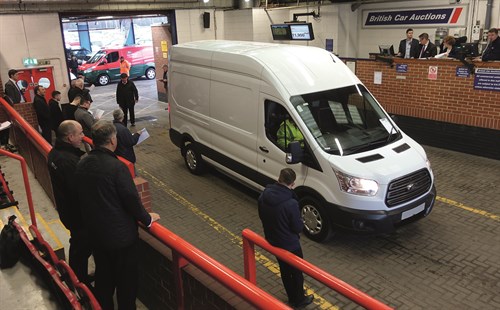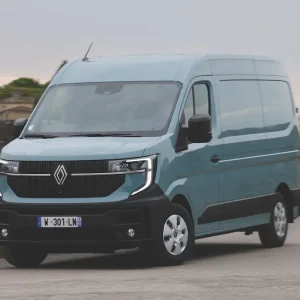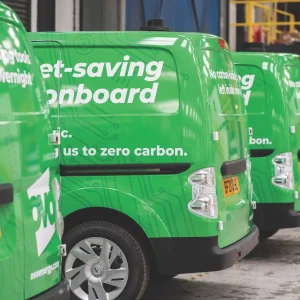As with all remarketing companies, as the pandemic hit hard, Manheim faced unprecedented hurdles in continuing to provide a service to both clients and buyers alike. Auction centres remained closed on sale days and although online bidding via the Simulcast facility has become popular and well-used, many buyers are still wary of bidding on an unseen vehicle, relying purely on an appraisal, photographs and the auctioneer’s comments.
Manheim sees itself as customer-centric, removing online fees while introducing fast tracking digital services to speed up administration and the sales process. The company introduced open days whereby buyers could view stock prior to bidding, thereby allaying some of their major concerns.
During this period of disruption, Manheim reviewed and adjusted its ‘virtual lane’ operating model, allowing vendors to defleet their stock to the nearest auction centre and selling from there, rather than incurring costs in transportation to a site many miles away. Manheim claims that on average there has been a reduction of 88 transportation miles per unit. This enabled daily sales, allowing buyers to source stock on a more regular basis, and vendors not having to wait a week for their traditional ‘slot’. Three quarters of vendors have taken advantage of this opportunity to expose their stock to a buyer audience on a daily basis.
Highlighting what has been a stratospheric year for the van remarketing industry when it comes to buyer demand, Manheim has seen the average LCV selling price climb to £10,660, 74% higher than pre-pandemic levels. Average days to sell have fallen from 14 to eight, providing crucial and dependable cashflow for its vendors. Stock availability has proven to be tough for buyers and Manheim has increased its number of vendors to 477 covering fleet, leasing, rental OEM and finance sectors. The company claims that the depth and variety of stock choice is unrivalled in the remarketing sector.
Efficient defleeting is a vital component of the remarketing process and Manheim has invested heavily to offer a full, end-to-end service for its vendors. Proactive moves such as the acquisition of C Walton Ltd just before the pandemic (a leading provider of vehicle services including storage, refurbishment and repairs) have enabled Manheim to improve efficiencies in the remarketing operations of both LCV and HGV customers. In the past 12 months, Manheim has sold 3,600 vehicles directly from its defleet centres, achieving an average of 109% of the reserve price.
Quoting a customer testimony, Manheim illustrated how its efforts to combat the effects of the pandemic on its vendors were both recognised and appreciated.
Mark Cowen of Enterprise Rent-a-Car UK said: “During the pandemic, Manheim has supported my business during a difficult period and the team has delivered outstanding performance and service when we needed it most.” He added, “I would just like to thank the entire team at Manheim for these fantastic results and service.”
Highly Commended: BCA

Also recognising how the past 18 months or so have changed how the remarketing business functions is BCA, picking up the Highly Commended award in this category. It has changed its operating model away from physical auctions to a fully-digital remarketing proposition to cater for the demand generated by its 2,000 dealers who source stock from the company.
BCA has improved its website functionality delivering a more intuitive and user-friendly service. It has also streamlined the entire buying process including booking collections and making payments online.
BCA has seen values continue to climb, and, offering up to 700 LCVs daily via online auctions offers its buyers a wide range of vehicles in all age, mileage and condition categories. The company claim that its vision is the delivery of accurate real-time intelligence that connects every aspect of buying and selling with BCA.





